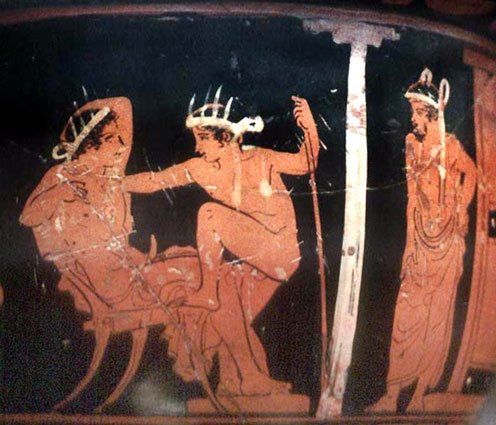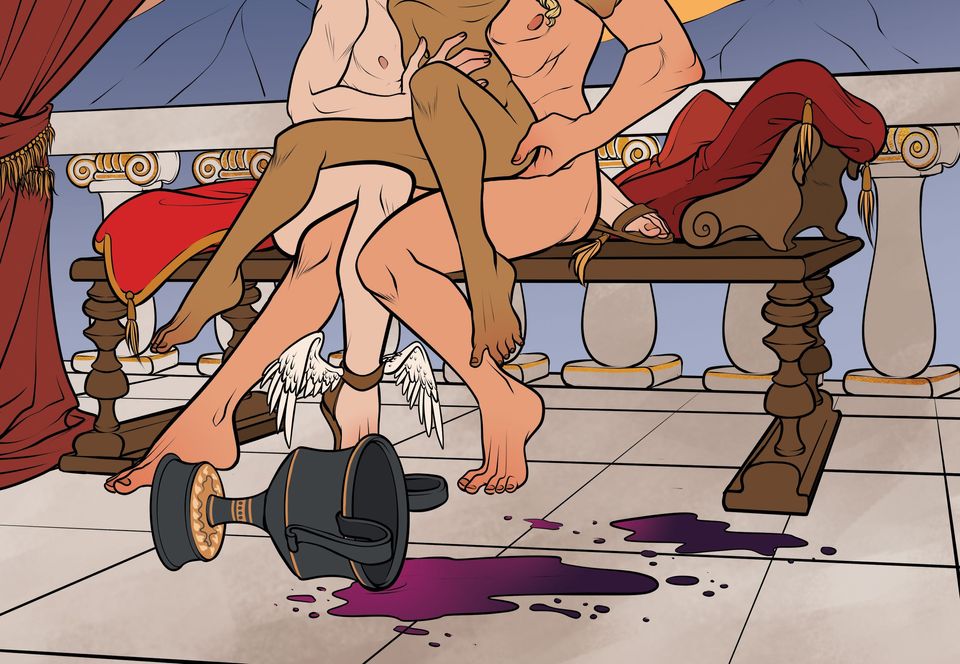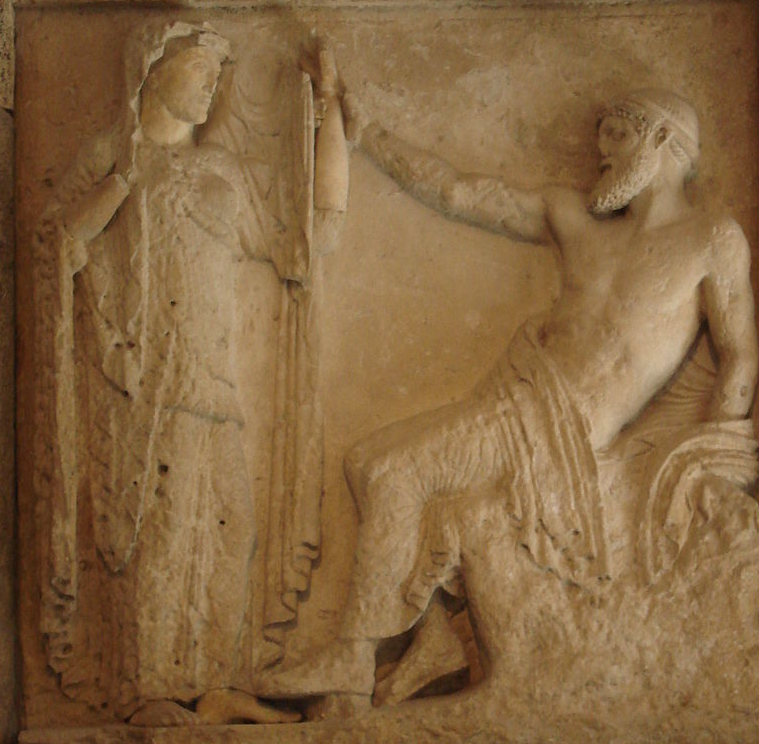Mythology Monday: Writing in Greek Mythology
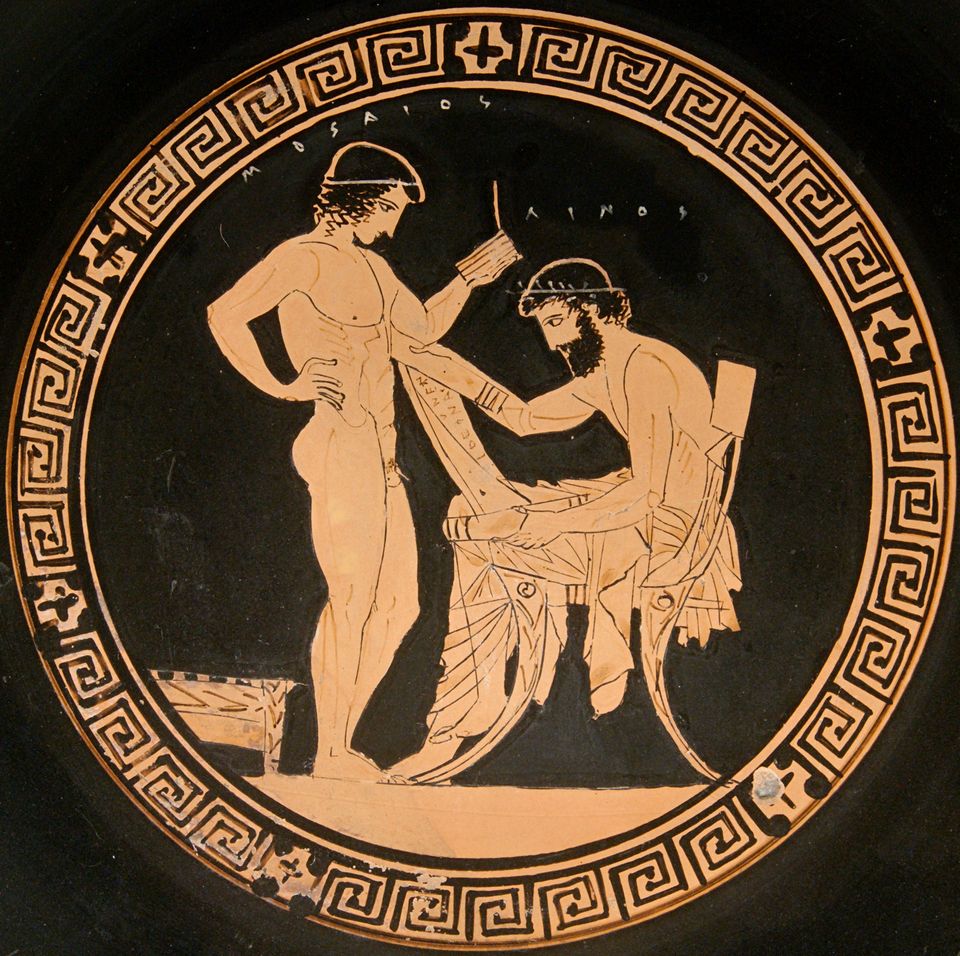
This week's #FolkloreThursday theme is the folklore of writing! In Greek mythology, it was Hermes, the god of language, speech, and eloquence who invented writing, which in ancient Greece was first employed by heralds delivering letters and merchants recording their stocks.
Both heralds and merchants are under the patronage of Hermes. In the Roman 'Fabulae', Hermes vexed his father Zeus by teaching us mortals different languages which sowed discord among the mortals and divided the nations. He also invented the Greek alphabet.
According to the 'Fabulae', Hermes brought the Greek alphabet to Egypt, from where Euandros, a son of Hermes and the nymph Themis, took it to Greece. When Euandros was exiled, he brought the alphabet to Italy along with the Greek pantheon and laws, where he should play a major role in the Aeneid.
Hermes is identified with the Roman god Mercurius and the Egyptian god Thoth who is the scribe of the gods. Thoth invented the Egyptian hieroglyphs and writing and was universally worshipped by Egyptian scribes.
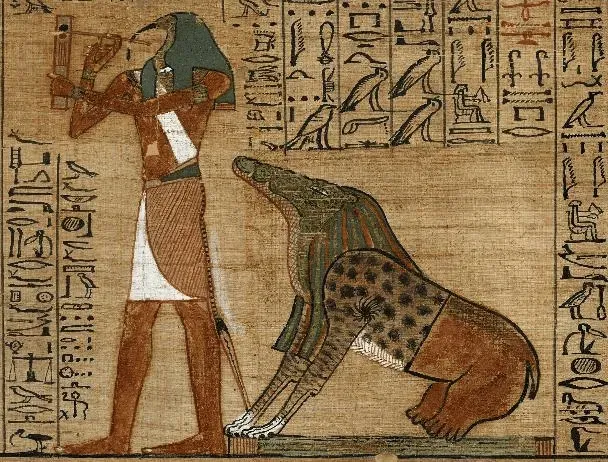
Many scribes had a painting or picture of Thoth in their office and one of the symbols for scribes was the ibis. The Egyptians credited Thoth as the author of all works of science, religion, philosophy, and magic as well as the scribe of Duat, the underworld.
Thoth is a record keeper rather than a messenger but he was identified with Hermes and the Greeks called Thoth's cult centre 'Hermopolis', meaning 'City of Hermes'. Both deities would eventually be combined as Hermes Trismegistus, Thrice-Greatest Hermes.
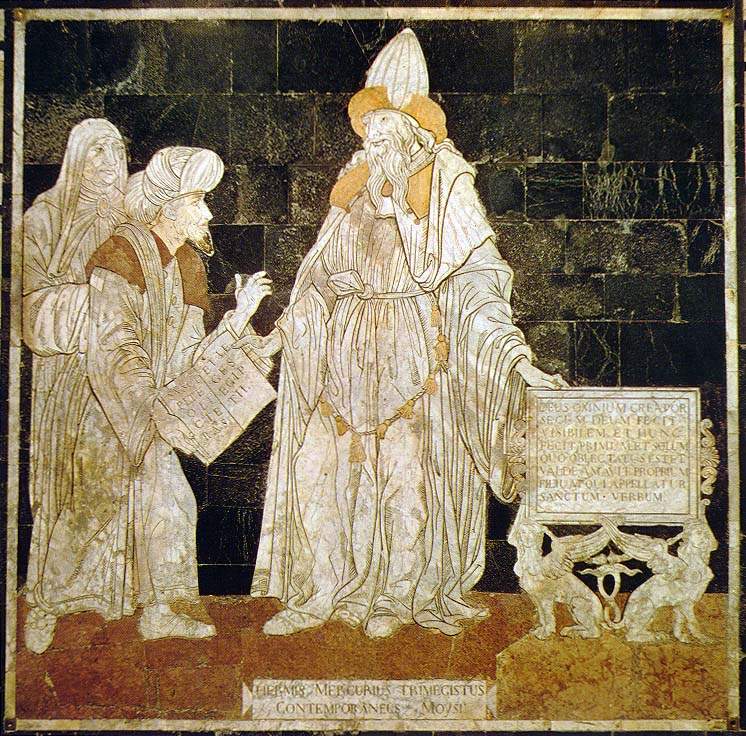
In Platon's dialogue "Phaidros", Platon denies the legitimacy of the written word as capable of conveying knowledge in any truly significant way.
Writing will produce forgetfulness in the minds of those who learn it, because they will not practice their memory.
Pisistratos supported oral tradition by specifically encouraging dramatic arts & theatre. And even today we need our memory to learn our lines by heart.
So if you have to write with crafty words and eloquence, think of Hermes and Thoth and their gift to us.
Hermes is not only the god of writing, but the god of commerce as well. So if you love my Mythology Monday threads or my writing, please feed a starving artist by becoming a member or Patreon supporter.
I will write you a short 'thank you' piece about Hermes.
Edit: This short 'thank you' piece about Hermes features the divine messenger and his lover Perseus:
(Thank you for requesting my OTP)
